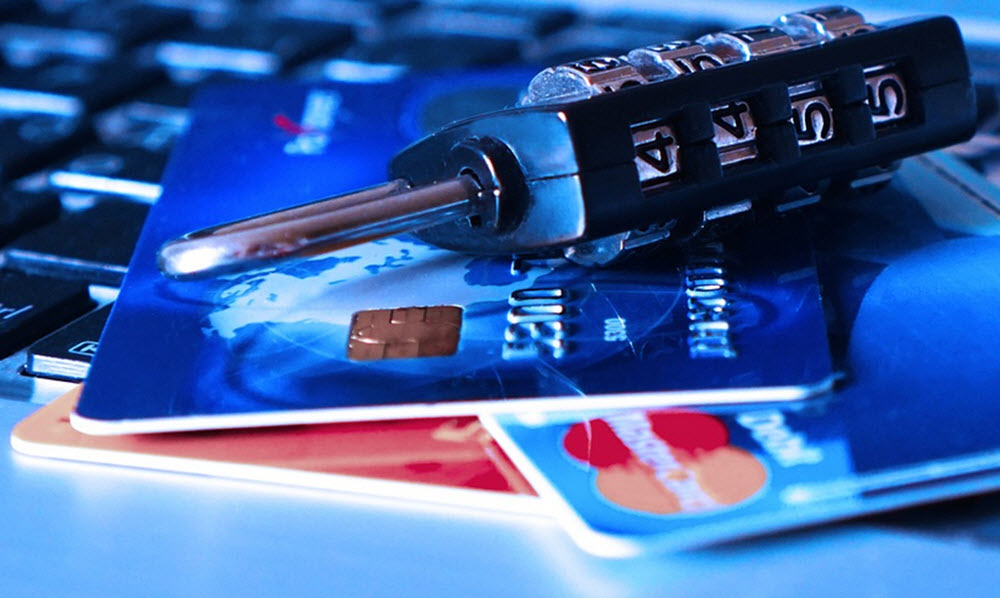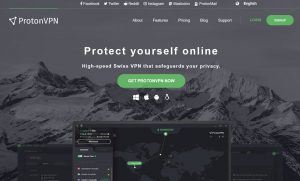PREVENTING ONLINE IDENTITY THEFT
Getting your identity stolen can simply destroy your life. Finding out someone has used your information to steal from your or worse open bank accounts, get loans, and even claim taxes in your name. As more of our lives move online, we are realizing the risks we face every day when we share our information on any website and or application. Whether you are shopping, banking or making financial moves, you need to make sure you are taking every countermeasure in your power to protect your information from cybercriminals.

How Does it Happen?
Using phishing, pharming, viruses and malware, fraudsters attempt to access any and all of you PII or Personal Identifiable Information. With this information, they can access your banks, shop using your cards or accounts, apply and receive new cards under your name and your credit. Cybercriminals use your weak passwords, discarded electronics, scam emails, and links to either steal your information or trick you into revealing them yourselves.
Most people do not realize that their information has been stolen until it is too late and thousands of dollars have been spent or several crimes have been committed under your name. It is important to actively monitor your credit to check for any and all unfamiliar accounts listed under your name. While checking your credit will not prevent identity theft, it can certainly stop the bleeding once your identity has been compromised.
How to Protect Yourself and Your Information
Online identity theft is, unfortunately, becoming more common every day. Cybercriminals continuously create new methods to hack, infect, or gain access to your devices and PII. There is still hope, however. Online security companies are updating their protections regularly to combat all old and new methods fraudsters use to steal your identity or accounts.

There are a few major defensive measures you can take to prevent yourself from becoming a victim:
- Keep your personal paperwork personal: Online identity theft happens online, however, it is important to remember criminals can still gain access to your bank account and credit card numbers from your printed statements. Make sure to properly store or dispose of anything that can be used to access your private information
- Safeguard your online data: With all of the different scams online these days, it is important to protect yourself anytime you venture online.
- Do not fall for email link or attachment scams.
- URL:s that begin with HTTP are not secure or trustworthy. Before entering any info onto a website, confirm the URL begins with HTTPS
- Be wary of public Wi-Fi that is not password protected. Airport Wi-Fi might be a lifesaver, it can also be hacked and used to steal your information.
- Use protection software: There are various antivirus and antimalware programs available to protect you from hackers and scammers online. If you want even more protection you can always use identity theft protection services, that provide identity and credit monitoring, to warn you the instant someone attempts to do anything with your identity.
- USE STRONG PASSWORDS: this one cannot be understated. Using the same passwords, across all websites and applications leads to more cybercrimes than any other mistake and error on the victim’s part. When cybercriminals gain access to your password from the less secure social accounts, they can use that password to access your financial-based accounts. Gaining access to more access than they can dream off. So always make sure each of your passwords is unique, long, and difficult. Never use the same password for social and financial accounts online.
You can fight against criminals and scammers online. Being smart and cautious on your online actions and activities can help prevent an afternoon shopping online from becoming a long and unbearable process to recover your identity and credit.



